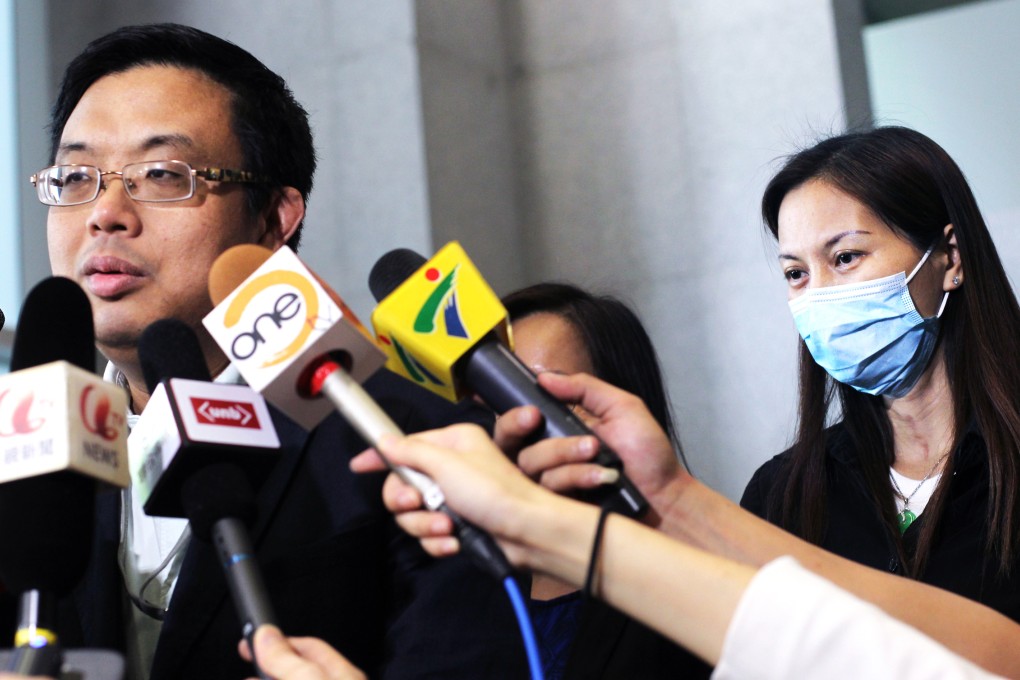Compensation for Hong Kong's loss in Manila bus tragedy bound to come
Lau Nai-keung says Hong Kong should leave the negotiations to Beijing

Three years after the Manila hostage tragedy, the issue resurfaced when Chief Executive Leung Chun-ying met Philippine President Benigno Aquino at the Apec Summit in Bali. Survivors of the crisis and relatives of the deceased have demanded compensation and an apology from Aquino.
The meeting was perceived here as a humiliation for Leung, who was also reported in the Philippine press as pledging to put the incident behind them. This misreporting was subsequently denied, but it added insult to injury, resulting in a general uproar in the city.
Bearing in mind that China has a lot more chips on the bargaining table than the Philippines, ultimately we will get what we reasonably demand - but not more
Seizing the opportunity, our dissidents proposed all sorts of sanctions against this common enemy, with the side effect of pressuring the central government to get involved.
Things has turned downright ugly, especially given that the Civic Party, which not so long ago vowed to fight for the right of abode for Filipino domestic workers, has now been advocating a general boycott of everything from the Philippines, presumably including its workers.
Yes, the Manila police bungled the hostage rescue operation but - as politically incorrect as it may sound - I don't think the nature and magnitude of this tragedy calls for a presidential apology. Turning down such a demand is an appropriate response. First and foremost, Aquino has to be accountable to his people.
So, an apology from the Manila mayor may be acceptable but what good is it when it comes three years too late? Compensation is another matter; this is a lot more substantial than just words.
During any negotiation, it's advisable not to make threats if you do not seriously intend to follow through. Any economic boycott by a small market of seven million people is not going to be very effective. But what would happen to our proud tradition of being a free port?